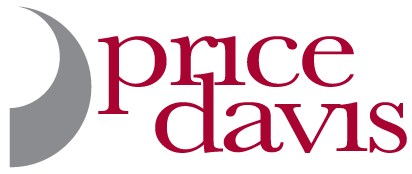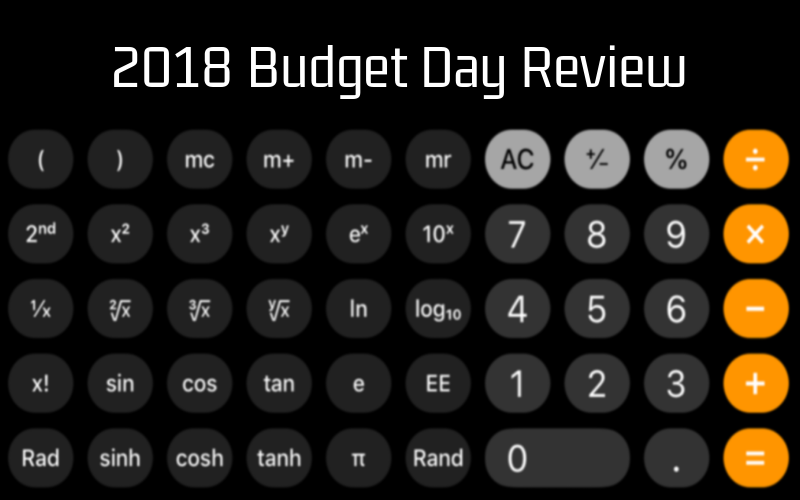On Monday 29th October, Chancellor Philip Hammond delivered the UK’s 2018 Budget. In a rhetoric that was largely absent of any shocking revelations or policies, there are a number of talking points to be dissected from the budget.
In this years budget breakdown, we’ll identify the talking points that would most have the greatest impact to businesses, and our clients.
Personal Allowance Increase
In April 2019, the personal tax allowance will be increased to £12,500 (from £11,850), and the Higher rate threshold will increase to £50,000 (from £46,350).
This comes into action a year earlier than previously planned and equates to roughly a £130 a year gain if you earn over £12,500, and a £730 saving for people earning over £50,000, as a result of the difference of £3,650 being taxed at the standard 20% rather than 40%.
Tax on ‘Tech Giants’
A new digital services tax will come into play which is aimed to target the giants on the tech industry such as Google, Facebook, & Amazon etc. while ensuring start-up & small tech companies are not affected by the tax. Philip Hammond was keen to stress that this policy is “NOT AN ONLINE SALES TAX”
Rates Cut
Small business rates are being cut by a third over the next 2 years for retailers with a rateable value of £51,000 or less.
Entrepreneurs Boost
While the Chancellor will not make any changes to the amount of relief available to entrepreneurs, the qualifying ownership period has been doubled to 2 years.
This means that an office holder that holds at least 5% of the shares and voting rights in a company that is actively trading will pay the reduced Capital Gains Tax rate of 10% once these assets are sold. This increased ownership requirement comes into effect on disposals made on or after 6th April 2019.
Duties Froze
Fuel duties have been frozen for the 9th successive year, while duty on beer, cider, and spirits have been held for a year – we’ll drink to that!
Living Wage Increase
The national living wage will increase by another 4.9% next April which will take the minimum wage from £7.83 to £8.21, in an attempt to ease the cost of living for lower income families.
Freeze on VAT
The threshold for businesses to be required to register for VAT will be frozen at £85,000. Meaning that businesses that are growing gradually may be caught up by the VAT initiative sooner than expected due to the freeze.
Apprenticeship Contributions Halved
Small businesses that want to take on an apprentice will see a 50% reduction in their contributions from 10% to 5% as the government increases their support for apprenticeship schemes throughout the UK.
Temporary AIA Increase
For a period of 2 years starting from 1st January 2019, the Annual Investment Allowance will be increase from £200,000 to £1,000,000 to invest in assets such as machinery, and to aid growth. The government states this will lead to “significantly faster tax relief for plant and machinery investments”.
R&D Claims Restricted
In an attempt to reduce fraudulent R&D claims, of which HMRC identified £300m worth in 2016/17, loss-making companies will see R&D claims capped at no more than 3x the total PAYE and NIC liability. This will come into affect as of April 2020.
Other Notable Announcements
- Additional £30bn made available to social care programmes, with the majority, £20bn, being invested into the NHS.
- Co-funded £650m invested to a “Future High Streets Fund” aiding councils with the aim of transforming the high streets.
- Air passenger duty to rise in line with inflation from April 2020.
- New tax for manufacture and import of plastic packaging with less than 30% recyclable material.
With quite a lot to digest in this year’s budget, you may understandably be uncertain if you or your business will be affected by any of the policies being implemented. Here at Price Davis, we’d be more than happy to discuss your personal situation, and the impact for your business. Feel free to get in touch with us on 01452 812491 or email Ask@pricedavis.co.uk.

